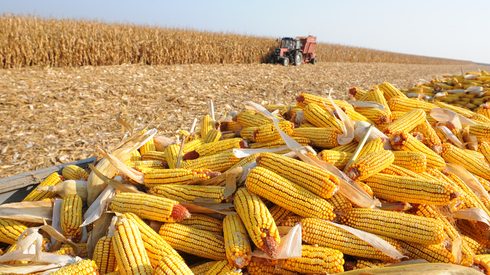Market sources from the European Black Sea have reported extremely dry weather conditions across the fields of Bulgaria and Romania, raising concerns over winter grain conditions and the upcoming spring sowing campaign.
The sowing campaign, due to start in a couple of weeks, will be difficult unless the soil sees some rains in March, as “farmers will have to use expensive artificial fertilizers,” a source said.
“[The conditions are the] driest on record for this time of the year, but still, rains in March might save the situation,” a Bulgaria-based broker told Fastmarkets Agriculture.
Bulgarian farmers might face a loss of around 2 million tonnes of grain crops in the 2023-24 season if the drought continues, traders have warned.
Dry weather has already caused a shortage of the 2022-23 crop size, which led to Romanian farmers applying for governmental subsidies and receiving €1 billion in compensation from the European Commission.
Farmers are also holding on to existing grain stocks to maintain supply in case of shortage.
“They can receive financial compensation, but they can’t replace the cargo required for local consumption,” a trader told us.
Wheat price drop
Another reason for local farmers to hold off from selling stocks is low international wheat prices, as weak Euronext futures and Russia’s bumper crop continue to push prices lower.
“Farmers are not selling at current levels, awaiting higher prices, but they are also keeping the goods in their warehouses in very poor conditions, instead of selling it to traders, who have modern silos,” a Bulgaria-based trader said.
“Farmers are never happy with prices, but in 2022 they did not expect the export corridor agreement that put so much weight on global prices. They were hoping for export levels to continue firming,” another trader commented, adding that they “expect more activity in the local market in April.”





